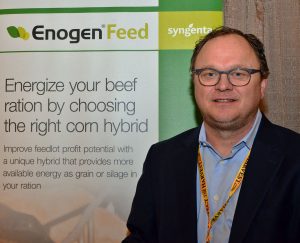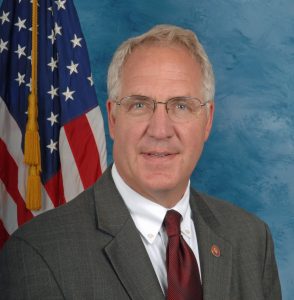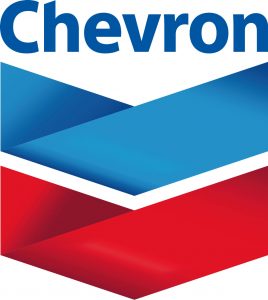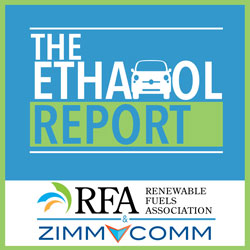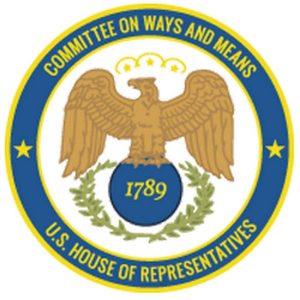 House Ways and Means Committee Chairman Kevin Brady (R-TX) has released a tax and oversight package that would extend several expired tax credits, including the biodiesel and renewable diesel tax incentive.
House Ways and Means Committee Chairman Kevin Brady (R-TX) has released a tax and oversight package that would extend several expired tax credits, including the biodiesel and renewable diesel tax incentive.
According to the National Biodiesel Board (NBB), the proposal for a multi-year extension the incentive would keep the credit at its current rate of $1.00 per gallon for 2018 through 2021 but gradually reduce it to $0.33 per gallon by 2024 and then allow it to expire.
“The biodiesel industry has long advocated for a long-term tax extension to provide certainty and predictably for producers and feedstock providers,” said NBB Vice President of Federal Affairs Kurt Kovarik. “Too often, the credit has been allowed to lapse and then reinstated retroactively, which does not provide the certainty businesses need to plan, invest, and create jobs. We appreciate the recognition that the biodiesel industry is integral to our domestic energy needs through this long-term extension.”
The tax package also includes retirement and other savings enhancements and legislation to redesign the Internal Revenue Service.




